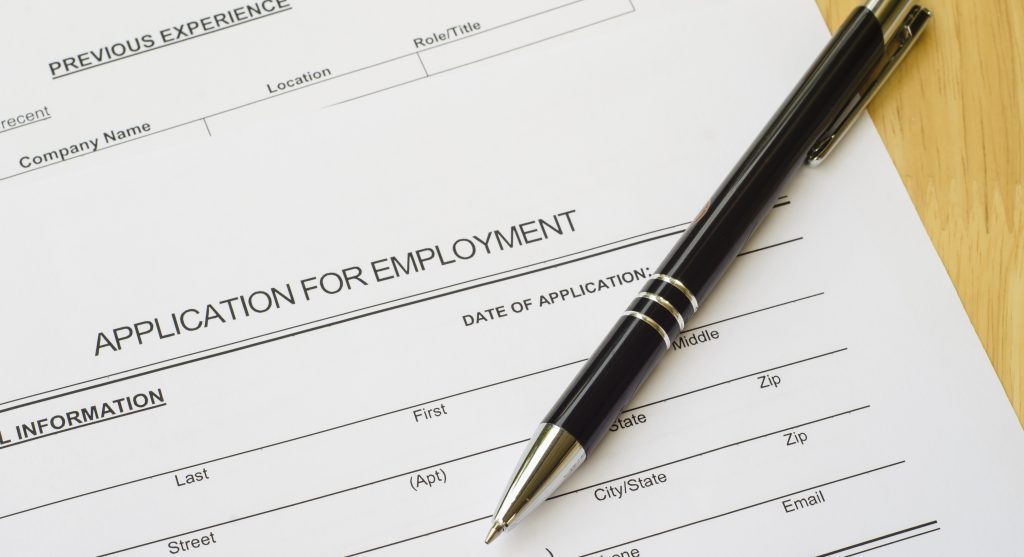![]()
While we have heard stories of people submitting 100 applications for government positions (and actually getting a job!), we don’t recommend that approach. Instead, it’s a much better use of your time to conduct a targeted search, tailor your resume and application, and make sure you’re putting your best foot forward each time you’re throwing your hat in the ring. Listen to some advice from Jaccqueline Page who landed a job as an Assistant Research Fellow for the National Defense University:
“I would say the most important thing when applying to government jobs is quality over quantity. To make it through the system in that first round, reading the job description and requirements very carefully is critical. You have to try to address (and perhaps multiple times) as many of the areas highlights in your resume; cover letter and, when applicable; knowledge, skills, and abilities assessments (KSAs).”
Paul Binkley, author and career consultant at the Elliott School of International Affairs at George Washington University agreed. “Do not apply to one position and stop. Apply to several at a time, if you qualify,” he added.
“Don’t fall into the simple math trap of ‘the more positions I apply to, the better my chances’. In my mind, quality trumps quantity 99 times out of a 100 for so many reasons, not the least of which is how much time and effort it takes to submit a really good application.”
He also said, “Most positions posted to USAJOBS have a questionnaire to identify the best qualified individuals. You can usually preview the questionnaire via a link in the ‘How to Apply’ section of the job announcement.
“There are three main types of questions: yes/no, choose all that apply, and multiple choice questions that ask you to rate your level of experience and knowledge in specific areas. If you cannot answer the highest level of experience on at least 80 percent of the questions asked, then you should reconsider whether you should apply.”
Now don’t get us wrong. We have also heard examples of people who were able to bust through the bureaucracy. Here’s what one long-time federal employee said:
“The first job I had as a defense contractor required four years of prior work experience. It was my first job out of college and I had a contact there, made a good impression, and passed the language test. As a Title 10 federal employee at National Defense University, the job I had required a master’s degree – this was before I went back to school. But again, I had previously worked on the project and they knew me, so I got the job.”
Be selective, but if you really want a specific position, apply and make a strong case for yourself and don’t regret the missed opportunity. Just don’t do that for dozens of jobs or you could get burnt out pretty fast (and we really want you in government, so don’t do that).
This post is part of GovLoop’s millennial blog series, First 5.
